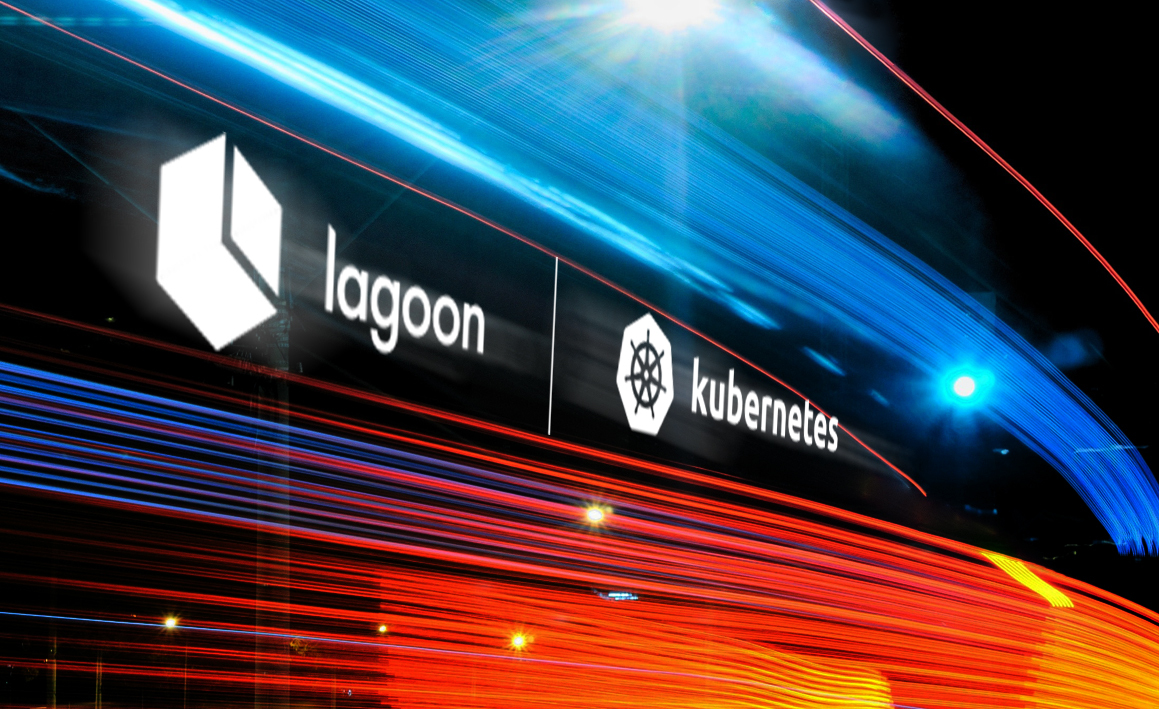Michael Schmid
|
Apr 17, 2020
|3 min read
Search Topic

Update July 2020
To continue increasing our transparency and communication, we are starting to document more about our infrastructure setup and configuration. We realize that there are a lot of Managed Kubernetes providers out there (the list at the CNCF Certified Hosted Kubernetes Landscape is ever-growing), so we will endeavor to outline how we evaluate a platform for use with Lagoon. The majority of our decision-making process here is customer/partner-driven. Still, we use several criteria to evaluate the services offered by the different providers, and we’d like you to understand why they’re important to us and what they mean.
We have started a discussion page at our GitHub repository to capture our thinking. This page can also be used to capture any comments or discussions. Head on over to https://github.com/amazeeio/lagoon/discussions/2035 to watch it unfold!
When we started building Lagoon four years ago, best practices for containerized hosting were still being developed, and building everything based on OpenShift was an obvious choice, as it provided an enterprise-class solution.
As the cloud-native landscape has grown, native Kubernetes has not only become the industry standard for maintaining, starting, and deploying containers, but a broad open-source ecosystem has been built around it, and it now provides many of the tools and features that were previously only available in Openshift.
Kubernetes is an open-source orchestration and management platform that automates container operations for software teams of all sizes. It ensures that your applications in cloud environments run consistently by automating operations such as deploying, scaling, and managing containers or clusters. Applications can range from big data processing to content management systems. Essentially, Kubernetes helps you manage your containers efficiently by eliminating much of the manual work required to manage and scale applications via containers.
Managed Kubernetes
Running Lagoon on managed Kubernetes allows amazee.io to build and deploy clusters more easily and streamline maintenance efforts. It also allows for more clusters with smaller nodes and fewer pods and even more flexibility to host with Lagoon anywhere in the world. Managed Kubernetes, offered by all major infrastructure providers like AWS, Azure, Google Cloud, and others, provides and manages the control plane of Kubernetes. This means that amazee.io can start and upgrade clusters easily.
A New Level of Autoscaling
Although Lagoon already fully automates autoscaling on a container level, Kubernetes opens up the possibilities of even more flexibility with autoscaling on the node level. Instead of manually adding nodes when traffic demands it, clusters can add and remove them as needed, even within short timeframes. amazee.io can set parameters for a minimum and a maximum number of nodes to use and let Kubernetes scale as needed. This can work even for short fluctuations in traffic, such as a site with a sudden influx of unplanned activity, as well as scaling clusters down overnight and at weekends. This significantly lowers maintenance overhead and costs since Kubernetes can procure, configure, and manage the cluster independently.
Quicker Setup and Maintenance
Using our current system, to do weekly maintenance on a compute node, we must remove it from the cluster, update it, and then bring it back online. Doing this process can occasionally mean longer outages during our weekly maintenance windows. With the managed Kubernetes services, the ability to replace an in-cluster node will ensure that maintenance windows can be replaced faster and more regularly. It even opens up the possibility of continual maintenance, potentially eliminating most maintenance downtime altogether.
Benefits of Lagoon & Kubernetes with amazee.io
Using Lagoon with Kubernetes allows developers to do what they do best without worrying about the implementation and upkeep of Kubernetes. With a managed service, operating Kubernetes is much simpler, and deployment time is decreased significantly. With amazee.io on your side, you have a team that is monitoring and troubleshooting 24/7. All upgrades and fixes are handled, so the only thing left for your team to focus on is continuing to create new and great things.
For more information, reach out to us today or check out our Kubernetes FAQ.
Updated: 2. September, 2024

